
“As for hygiene and safety, they don't give us enough protective equipment, and when we ask for new equipment, it's deducted from our wages. There's no toilet paper in the toilets. Sexual harassment and harassment at work are invisibilized. There is no union in the company, there are only a few people who call themselves ambassadors and are appointed by the employer.”
This is part of Helen's (24) story. She works for a textile company located in a free trade zone in Central America. Her company produces clothing for brands sold all over the world, including, of course, Europe. However, the industrial sewing machines are sold by European, Chinese and North American companies. This is an example of our globalized economy, which is clearly in need of adequate laws concerning international value chains.
“We always hear that the European Union cares about human rights, while we see European companies pressuring global suppliers and their suppliers to deliver quickly and produce cheaply. This is a clear contradiction,” said Ana-Cecilia Salazar, IYCW Secretary General. “However, we hope that this contradiction will subside thanks to the European directive on corporate sustainability due diligence.”
It has been negotiated among European political decision-makers and discussed with companies, investors, trade unions, NGOs and other stakeholders. It is time for this directive to become a reality."
This is why we demand respect for human rights and workers' rights, particularly in factories, textile mills, plantations and mines around the world. We demand fair wages, fair global trade instead of exploitation and environmental destruction.
This is why the European supply chain legislation is on track. It must be adopted now!

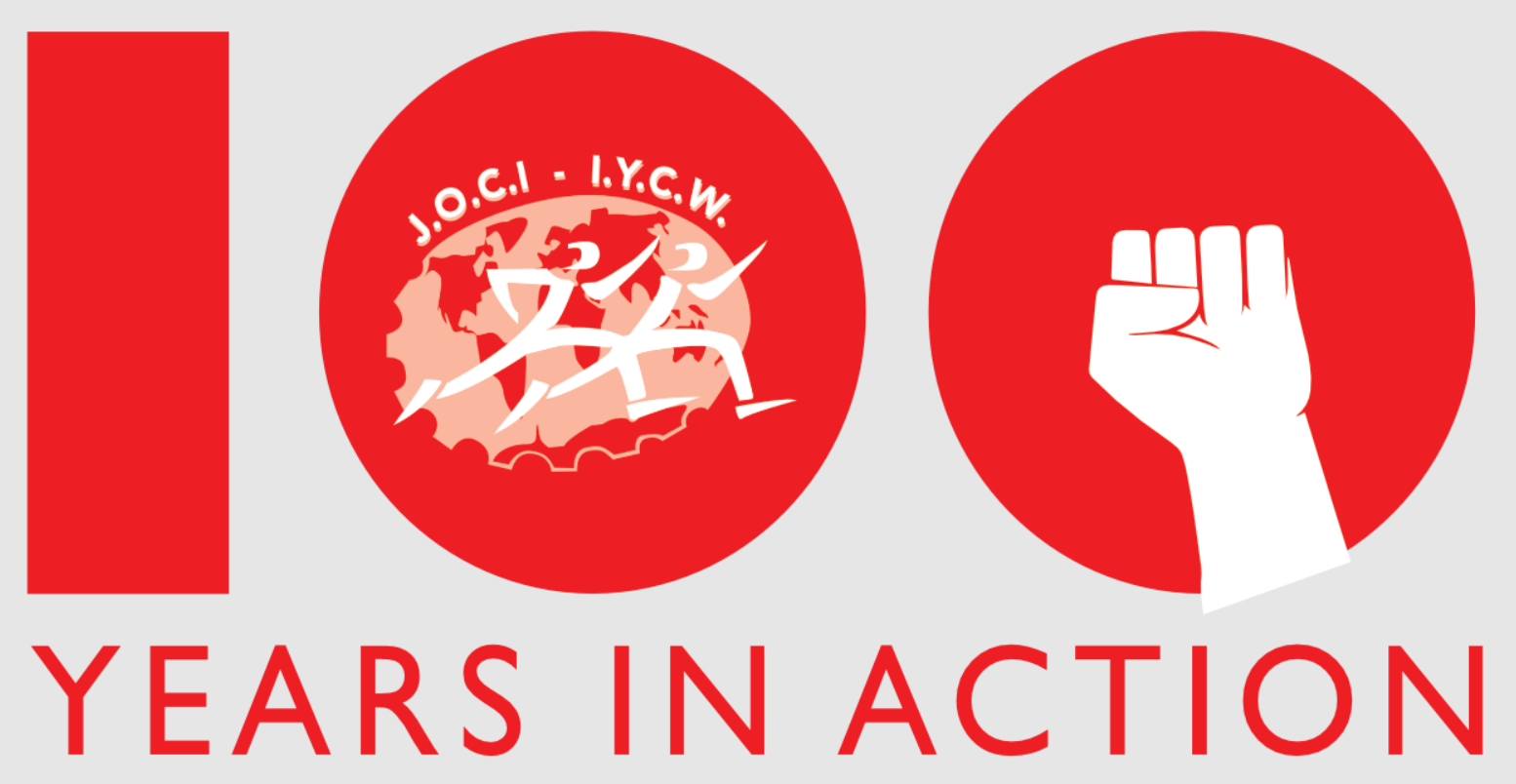
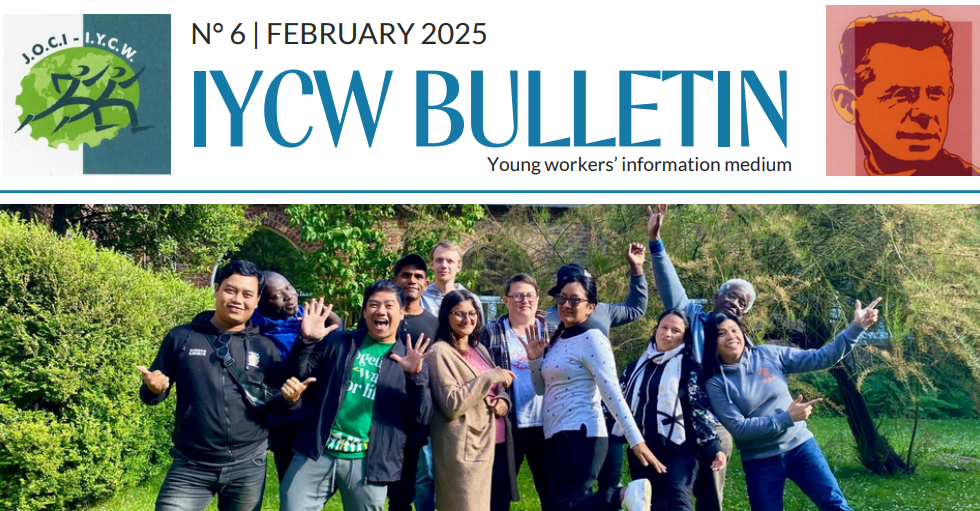

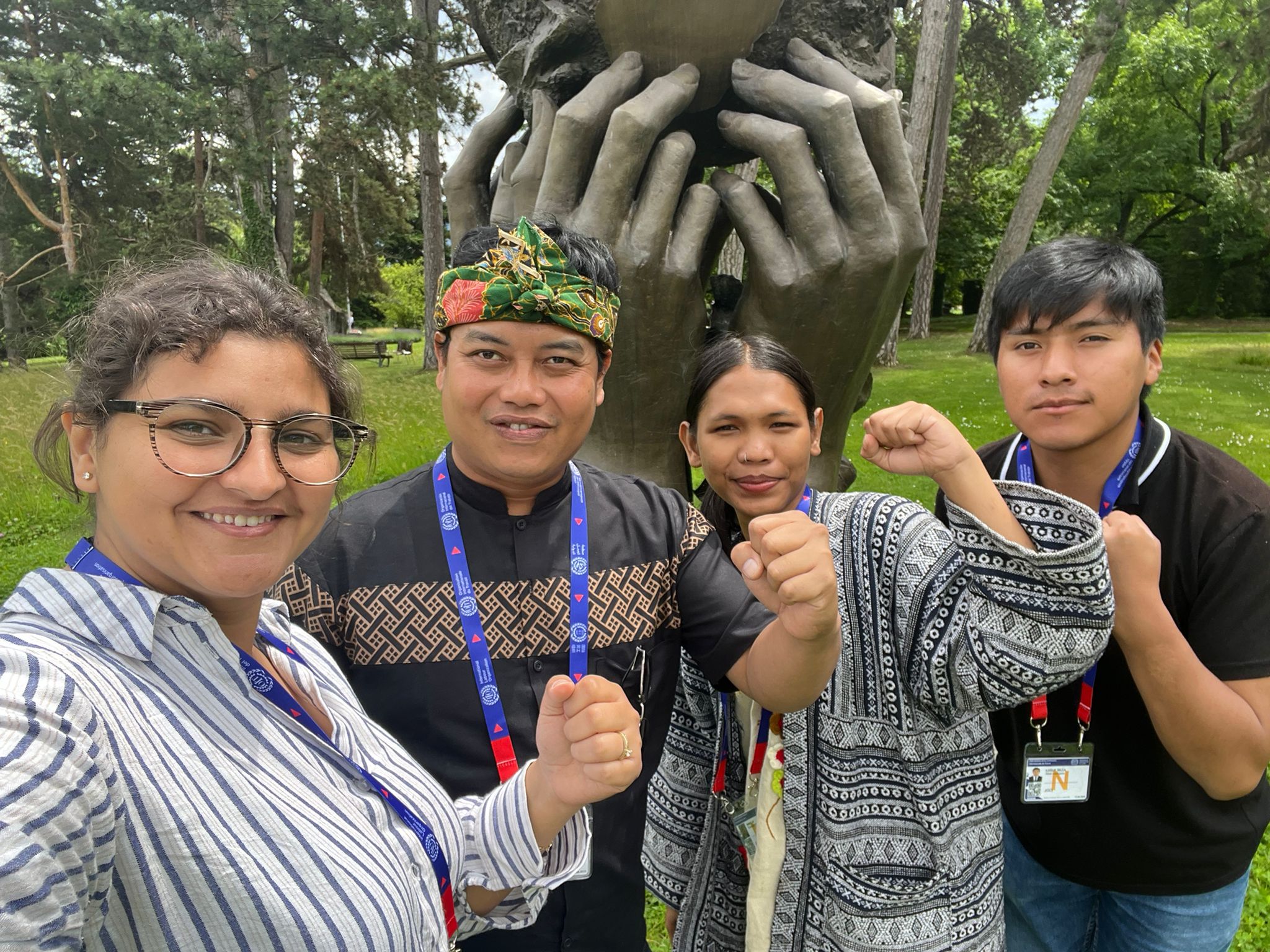
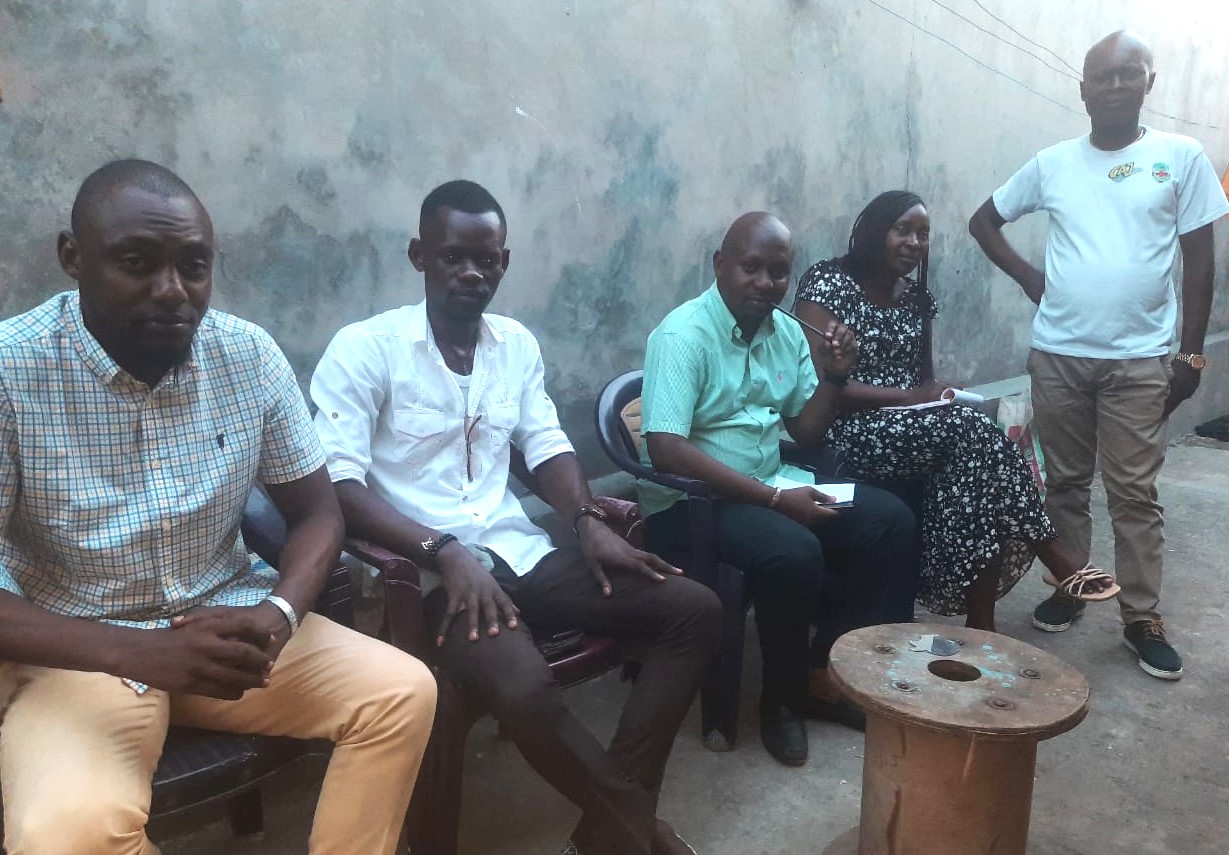

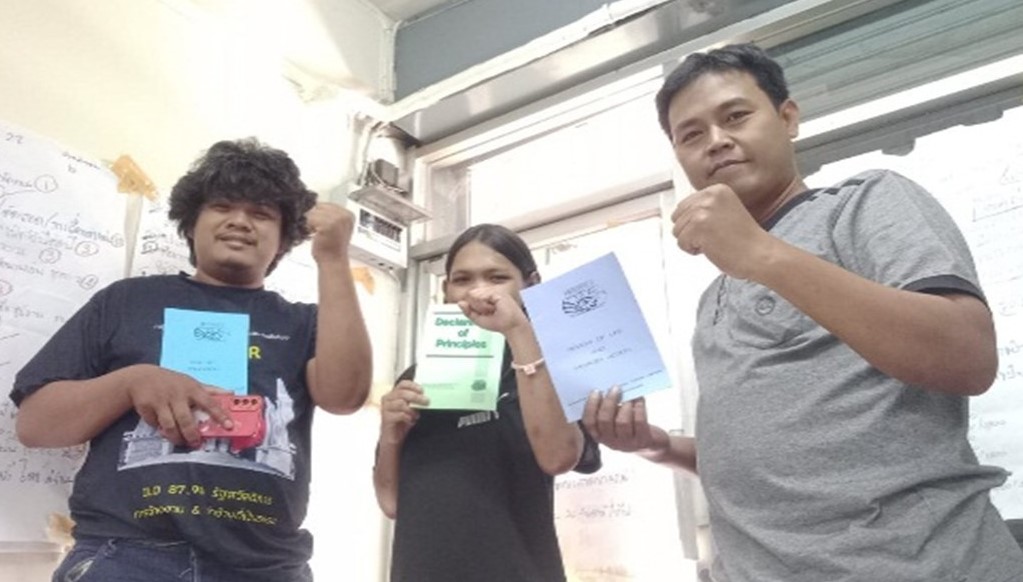
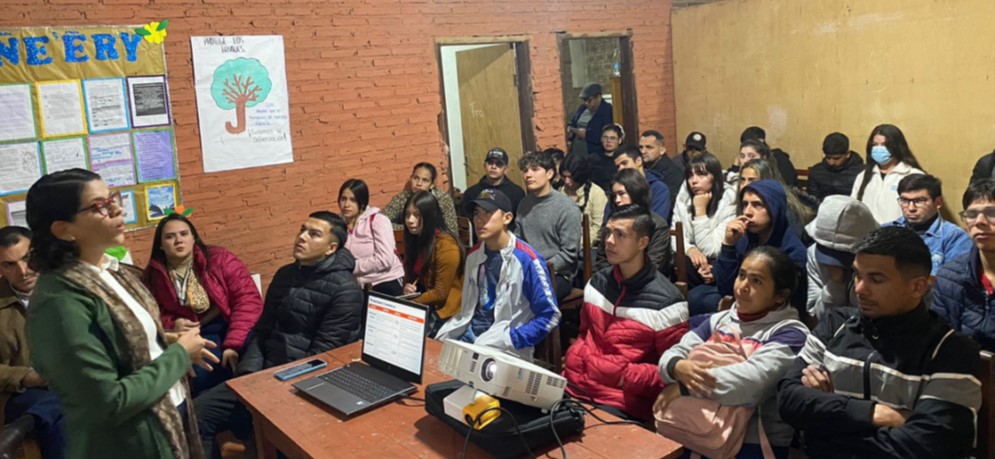
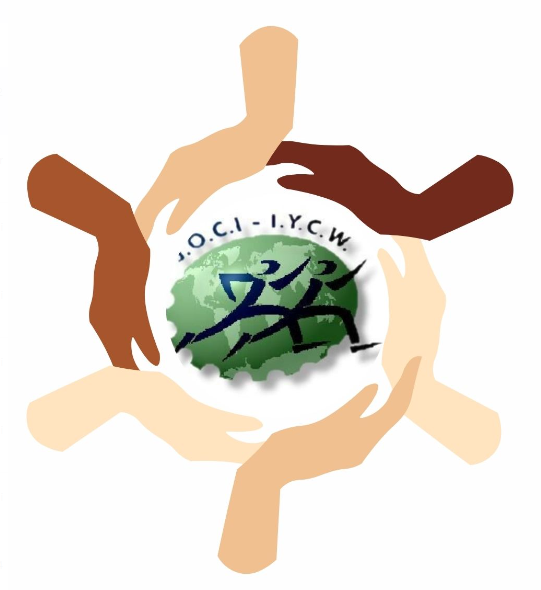

 English
English  Español
Español  Français
Français